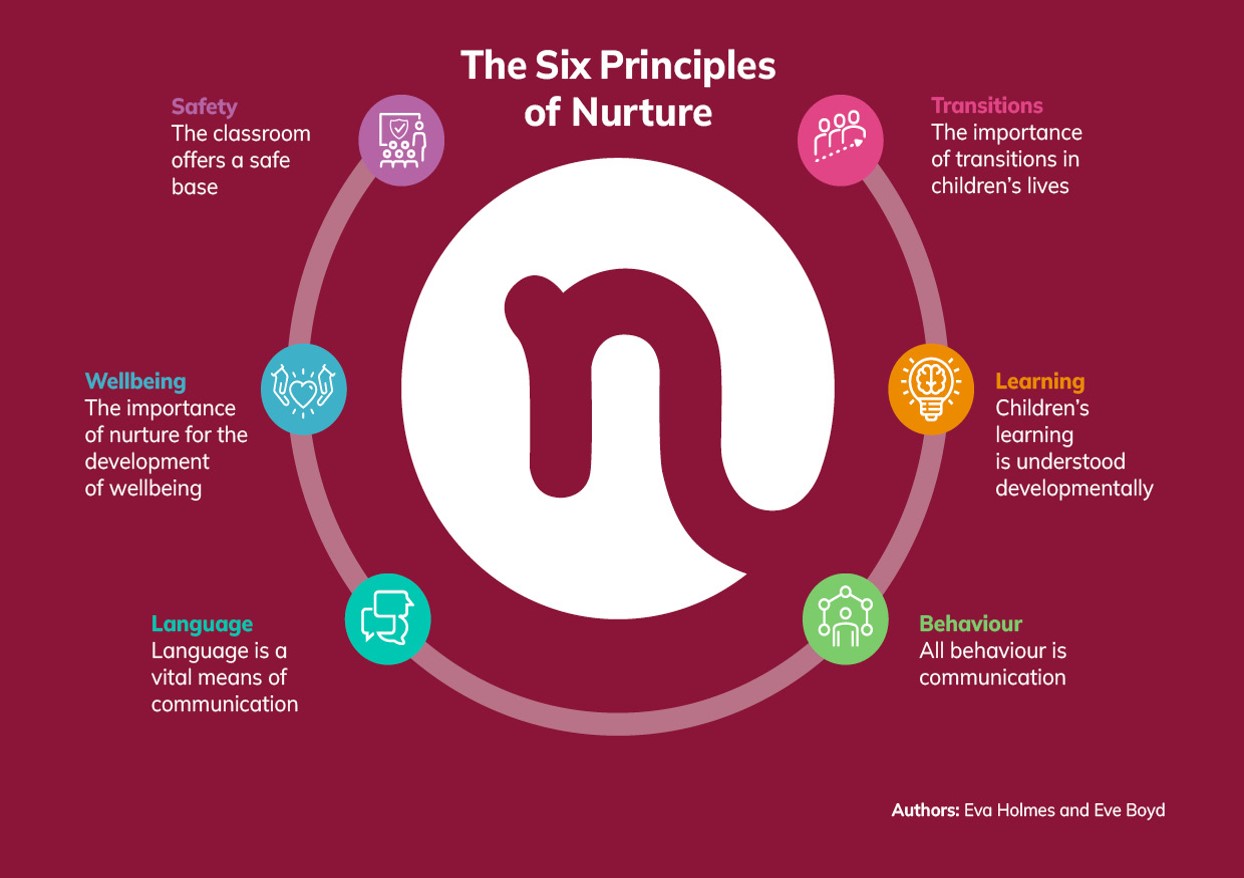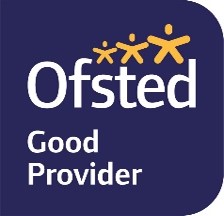Our Offer
What does our Early Help Offer include?
Our family of schools are able to offer Early Help in the following ways:
FOR PARENTS:
Support might be short or long-term but will always be tailored to meet the needs of you and your family.
Areas of support might include:
- Support and advice during difficult periods i.e., illness, bereavement, financial worries, and domestic abuse, signposting to relevant charities or specialist support groups.
- Support for parents in multi-agency meetings.
- Assistance in completing paperwork and forms e.g., Disability Living Allowance, housing, and benefits.
- Pre-loved uniform.
- Support getting your child into school and support with attendance from our attendance champion and Education Welfare Officer (EWO).
- Attendance monitoring with regular meetings. These aim to improve attendance and punctuality.
- Adult Education and Family Learning courses.
- Signposting to other services in the local area/community.
As well as the above, we also work with Next Link, Community Policing Team, Advisory Teaching Service, North Somerset Safeguarding Children Partnership, Educational Psychology Service, Youth Support Team, Speech and Language Therapists, Winston’s Wish and Family Well-being Team.
- Taking the time to listen to families: Sometimes, you might need to share information or have a difficult situation you need to make us aware of. We appreciate that reaching out for help can sometimes feel incredibly difficult, but we would like to reassure you that we will listen. We have families too!
- Signposting: There are a number of support agencies out there who we can access or signpost you to if you are experiencing difficulties at home. The majority of these will be free services in the local community.
- Referrals to North Somerset Early Help: The school has members of staff who are experienced in accessing support for our families through the North Somerset 'FRONT DOOR' Team. All our Early Help is offered in partnership with parents and carers and consent is always gathered before the referral is completed.
All support given is confidential, however, any concerns relating to the safeguarding of children will be dealt with in accordance with the school’s Safeguarding Policy.
FOR CHILDREN:
-
Taking the time to listen to children’s concerns: The school encourages children to form positive relationships with staff. The school can provide a neutral place where the child feels it is safe to talk . Staff must listen carefully to what the child is saying, treat it seriously, and value what they say. All of our teachers are also available in a pastoral capacity should parents have a concern. Parents are welcome to talk directly with our teaching staff. If teachers feel that support will be needed outside of the classroom they will speak to the Senior Leadership Team to ensure that this support can be accessed.
-
Allowing children time to talk: We have a member of our support staff, Miss Wood and our SENCO, Mrs Murray who are available to talk to pupils when they feel they have a problem they would like to share. Pupils can also self-refer to either of them via their class teacher. Both members of staff will always contact parents to make sure they are kept fully informed and are happy with the support provided.
-
Teaching children about life and well-being: We follow the comprehensive JIGSAW PSHCE curriculum which supports children and develops key skills not only for school but for life.
-
Supporting Mental Health: The school responds rapidly to concerns about mental health. At least one member of staff has 'Mental Health First Aid' training. We encourage well-being and self-care and have a Mental Health Policy. We have information available on our school website. The school promotes the national website www.minded.org.uk to parents carers , young people and professionals. Referrals to CAMHS (Child and Adolescent Mental Health Services) are made via the school SENCO or your GP. We would always recommend that you speak to your GP about your child's mental health.
For more information about emotional health and wellbeing, you can also visit the following websites:
Childline: www.childline.org.uk
Young Minds: www.youngminds.org.uk
-
Teaching about E-Safety: Ensuring our pupils are safe online is also an important part of the ongoing curriculum here at The Whiteoak Academies. Activities and events that take place virtually online can lead to difficulties in the real world. Children can experience bullying and inappropriate interactions online and we want to support families in preventing this taking place.
Useful links for parents and carers:
https://ceop.police.uk/safety-centre/
www.nspcc.org.uk/preventing-abuse/keeping-children-safe/sexting
www.paceuk.info/
www.childnet.com/
www.thinkuknow.co.uk/ -
Teaching about bullying: The school is committed to tacking all forms of bullying and has behaviour and anti bullying policies. Bullying and cyberbullying are part of the schools PSHCE curriculum. Useful links for parents/ carers: www.bullying.co.uk www.beatbullying.org
- Safeguarding: The school values Safeguarding training at all levels. The Designated Safeguarding Lead (DSL) and Deputy DSL (DDSL) undergo advanced training every 2 years. All staff members receive an annual safeguarding refresher directly from the North Somerset Safeguarding Team. The DSL or DDSL (or other members of staff if necessary) readily seek advice from the North Somerset Safeguarding Children Board (NSSCB) in the event of a disclosure or are concerned about a child’s wellbeing.
- Young Carers: The school can make a referral for a child or young person who is a young carer to receive help and support and respite from their caring responsibilities.
- The Nurture Approach: We are a Nurture school, and we are working towards our whole school accreditation. Nurture is a whole school approach to learning where we focus on emotional needs and development as well as the academic learning of all pupils. Nurturing approaches are based on an understanding of how children learn and develop and what they need to help them thrive. This is delivered through 1:1, small group interventions and whole class strategies. Each pupils' needs are assessed informally by adults who know the children well, using a Boxall Profiling tool.

- ‘Lego Therapy: is a structured activity that helps children practise social communication and language skills.
- 'Volcano in my Tummy": is a structured intervention that helps children develop strategies to help with their anger and frustrations.
- Winston’s Wish: We work alongside Winston’s Wish (a local charity) to support children and families that have suffered a bereavement.
Other interventions include:
- After-school clubs with a variety of activities offered.
- Young Carers.
- Educational Psychology Service referrals
- Intervention support to meet ‘WISP’ targets.
- Speech Therapy
Disclaimer:
Hannah More Infants and Grove Junior Schools are not responsible for the content of these websites but have chosen reputable websites that are used commonly by professionals to support well-being and Early Help. Hannah More Infants and Grove Junior Schools accept no liability for any damage caused by any virus transmitted or contracted via any websites that may be listed on or accessed from hyperlinks on www.hannahmoreandgrove.co.uk






